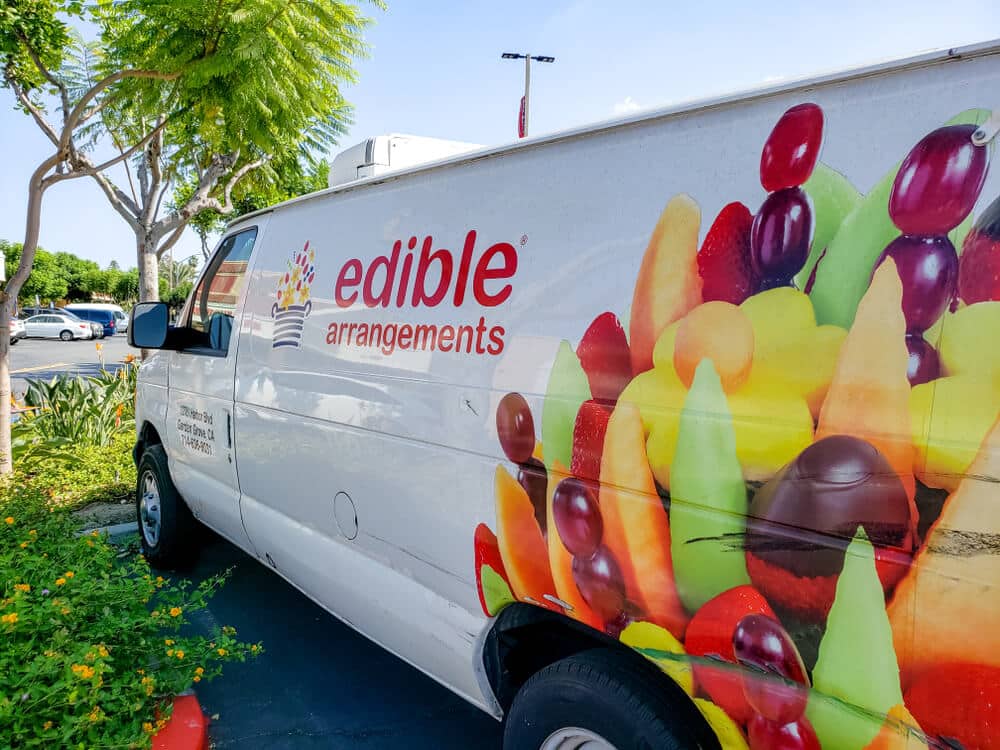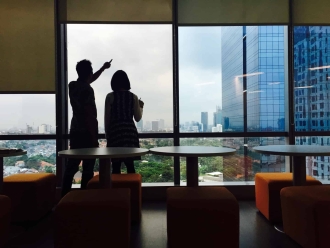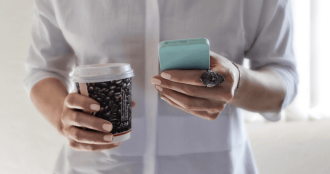As part of the Suite Talks series, Forter CEO and Co-Founder Michael Reitblat recently sat down with Edible Arrangements President and COO Cheikh Mboup to discuss how Edible Arrangements shifted its approach to business during COVID.
Like many businesses, Edible Arrangements struggled when COVID first hit. However, the company quickly adapted to the new reality, coming up with innovative ways to move the business forward through the pandemic. During the conversation, Cheikh touches on three key themes he believes will be key to Edible’s long-term success:
- Adaptability
- Investment in omnichannel
- Shortened time between demand and consumption
The Importance of Adaptability
When COVID hit in March 2020, Edible Arrangements faced challenges never before seen in the entire existence of the brand. In many parts of the world (including the US), non-essential businesses were forced to shut down in an effort to prevent the spread of COVID-19. With the looming possibility of a shutdown, the company brainstormed and pivoted quickly to become an “essential business.”
On Friday, March 13th, Cheikh and his team asked themselves “what do we have in our stores that people need more than ever right now?” The answer? Fresh fruits. “We have so many fresh fruits. So, we decided to start delivering ‘Fresh Fruit as a Product,’ [going from] ideation to execution in three days,” Cheikh explained. “That Monday, we had a big launch of the new Fresh Fruit boxes in America- then in Canada. Then Dubai. Then in China, and so on.”
Fresh Fruit was the pivotal component of the Edible business to becoming an essential business. Edible delivers fresh produce and fruit to senior citizen homes and other places where people can’t currently go. The company has also added music to its list of products, signing on several musicians to produce original music.
COVID has highlighted that businesses must adapt to survive. “Businesses that refuse to adapt are suffering. People who refuse to adapt are suffering. You gotta adapt,” Cheikh said.
Michael commented that when COVID hit, some businesses made a conscious and powerful decision to transform their entire business, as they were already in the process of digital transformation. They began experimenting with new services like curbside pickup and contact-free delivery. On the other hand, some businesses kept doing what they’ve been doing, thinking COVID would pass quickly.
“About six months in [COVID] you really started to see the difference. Some businesses grew – one of our customers grew their online business by 1500%, which is way more than they were selling through their stores,” Michael said.
Omnichannel Helped Save the Edible Brand
In recent years, we’ve seen a number of brick-and-mortar retail stores close their doors. However, we’ve also seen strategic acquisitions of brick-and-mortar retail stores, like the acquisition of Whole Foods by Amazon.
Through the pandemic, many businesses have really embraced the concept of “omnichannel,” the idea of validating and processing transactions through an e-commerce site and then fulfilling those transactions via brick and mortar (otherwise known as BOPIS – buy online, pick up in store).
“I think we all realized that we are now in the world in which brick-and-mortar stores and e-commerce must work together,” Cheikh commented.
“What COVID has done for us as a brand is – that platform of omnichannel that we’ve had over the years, that we continue to invest in, finally saved us,” Cheikh said.
The need to have some type of architecture in the business that could bridge the gap between brick-and-mortar and online experiences and service, all of a sudden became the most fundamental. “For us, it was an ‘aha moment,’ and I’ll be honest, it saved our brand,” Cheikh said.
Businesses Must Master “Demand to Consumption”
Largely thanks to companies like Amazon, consumers have become accustomed to online shopping perks like free and fast shipping and flexible payment options. Changing consumer expectations have put a lot of pressure on retail companies like Edible Arrangements to meet the new norm of customer expectations.
Cheikh explained that meeting customer expectations is largely about “demand and consumption.” “When the consumer is needing your products, how do you shorten the time frame that exists between demand and consumption? It doesn’t matter what you sell,” Cheikh said.
“If I’m selling food in a restaurant business, how do I make sure that from the second you want my product, I get you to consume it within the next 10 minutes, or five minutes, or two minutes, or three minutes? One minute? How do I do that? Whatever that service – how do you shorten that timeframe – is going to be the 2021 recipe of success, in my opinion, all on the strong base of authenticity when it comes to social responsibility within our businesses,” Cheikh commented.
Reducing the timeframe between demand and consumption requires speed across the entire process. You need to speed up approvals without welcoming more fraud to your business. And to do that, you need the right tools and protections in place.
Merchants require a real-time fraud prevention solution powered by machine learning, that automates fraud decisions across the entire customer journey – from account creation and login through to checkout. The solution must also be able to distinguish fraudulent behavior from legitimate activity in real time, eliminating the need for manual reviews which increase the time between demand and consumption.
Speeding Up Transactions Safely with Forter
Based on data from a global merchant network for more than 850 million unique users, Forter offers 100% real-time decisioning across all touch points of the customer journey. Forter fully automates the approval of legitimate consumer transactions while blocking fraud and abuse. In partnership with Forter, Edible Arrangements has sped up transactions without the fear of more fraud and added friction. Good customers don’t have to jump through a bunch of hoops to get what they want – they get instant approvals and a better shopping experience. And with Forter, the teams at Edible Arrangements can spend more time meeting the changing needs of their customers.
“We do a tremendous amount of business – over half a billion dollars just on an e-commerce website,” Cheikh said. “When you decide to reduce the length of time that it takes to validate the card, it means the length of time that it takes to consume the order – in order for you to get it to the consumer as fast as possible. To do that appropriately, you need the right gears in place. For us, that was the justification of our relationship [with Forter], and we’ve been very fortunate.”
Interested in hearing the entire conversation between Michael and Cheikh? You can listen to the full recording here.



